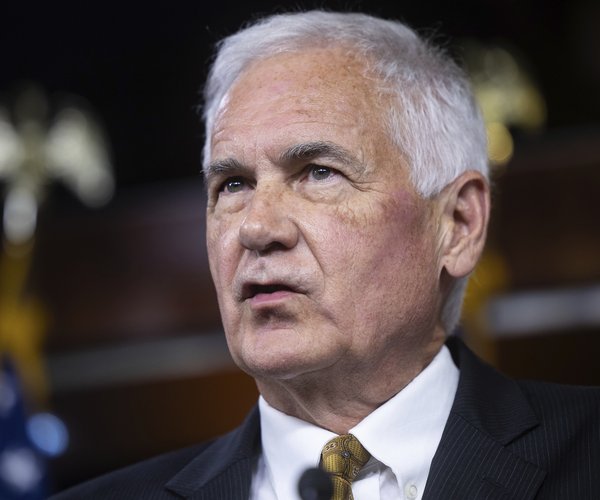A major concern we have here in the San Joaquin Valley is underrepresentation.
To be represented, the San Joaquin Valley must be counted in the Census






